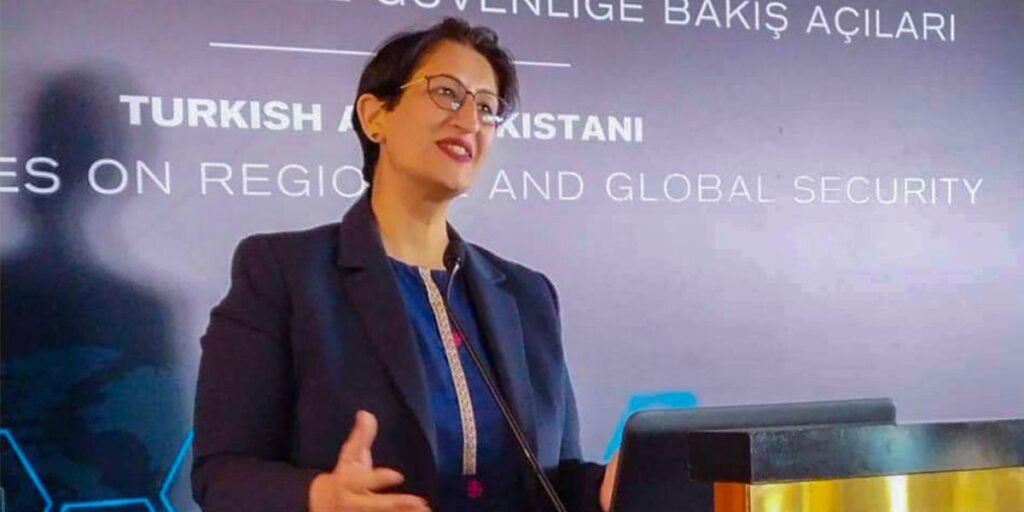In yet another move reflective of its growing intolerance towards dissenting voices, India has geo-blocked the X (formerly Twitter) account of Dr. Rabia Akhtar — a globally respected Pakistani professor of International Relations known for her incisive analysis of South Asia’s security dynamics and the rise of extremism in India.
Dr. Akhtar, who has long contributed to international discourse on nuclear policy, regional conflict, and strategic affairs, confirmed the censorship herself in a post that read:
“Chalo jee… Blocked in India under Section 69A. Apparently, facts are dangerous. Analysis is threatening. When your work gets geo-restricted, you know it touched a nerve. Grow a pair, pls.”
Section 69A of India’s IT Act has increasingly been used to suppress academic voices, journalists, and analysts who critique the state’s policies — both domestically and internationally.
Dr. Akhtar’s geo-blocking follows a growing trend of silencing scholars who challenge India’s official narrative on regional stability, minority rights, and foreign policy.
Observers say this move underscores India’s discomfort with critical scholarship that exposes its internal contradictions and strategic missteps.
As South Asia continues to face rising tensions, attempts to muzzle academic freedom only erode India’s claims of being the “largest democracy.”





